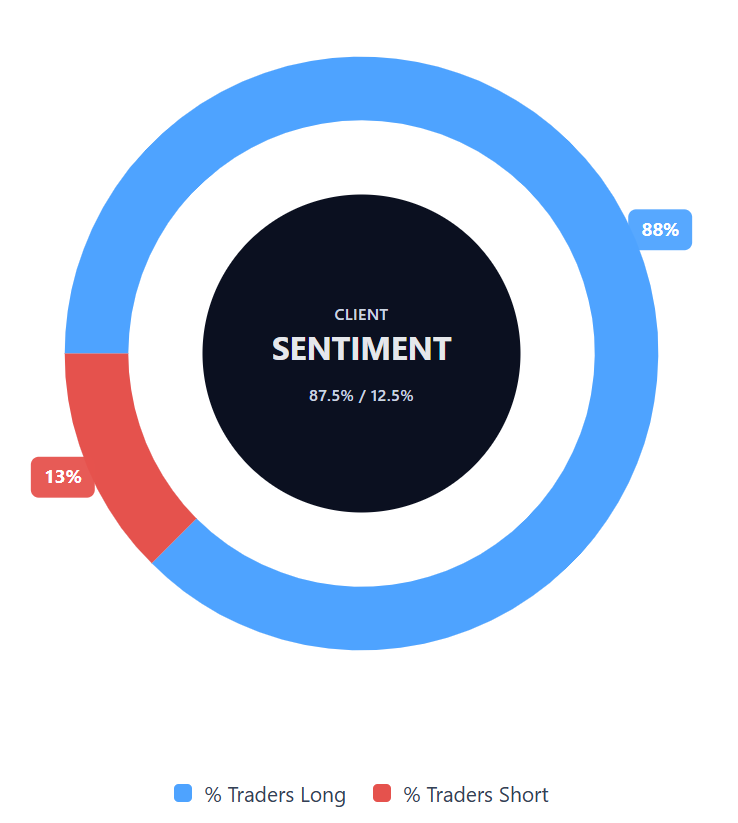State Street stock forecast: Third-party price targets
State Street (STT) closed at $114.09 on 14 October 2025, trading within an intraday range of $110.85–$117.56 after a period of heightened volatility.
State Street has shown mixed performance amid this week’s broader earnings season activity for major financial institutions.
The price movement comes as State Street approaches its third-quarter 2025 earnings release, scheduled for 17 October 2025 (State Street, 16 September 2025). Trading sentiment remains supported by the recent completion of its acquisition of Mizuho Financial Group’s offshore custody business, which added approximately $580bn in assets under custody and $24bn in assets under administration (Mizuho, 2 October 2025).
State Street stock forecast: Analyst price target view
Bank of America Securities (house view)
Bank of America Securities analyst Ebrahim Poonawala maintains a sell rating on State Street, with no price target disclosed. The analyst flags concerns over slower fee income growth amid competitive pressures in the asset management sector, and elevated operating costs despite recent efficiency measures (The Globe and Mail, 7 October 2025).
RBC Capital Markets (sector coverage)
RBC Capital Markets analyst Gerard Cassidy maintains a hold rating on State Street and adjusts the target price from $105 to $125. The firm notes stronger operational leverage following the Mizuho custody acquisition, while also citing ongoing headwinds from interest rate sensitivity and margin pressure across custody services (Futubull, 1 October 2025).
Goldman Sachs (research update)
Goldman Sachs analyst Alexander Blostein raised the price target for State Street from $109 to $130, maintaining a buy rating. The investment bank attributes the upgrade to faster fee growth from expanding assets under custody and cost efficiencies achieved through recent strategic acquisitions (MarketBeat, 6 October 2025).
Keefe, Bruyette & Woods (sector specialist)
Keefe, Bruyette & Woods increased State Street’s price target to $132 from $128, maintaining an outperform rating. The firm highlights strengthening fundamentals across custody and fund administration, supported by rising assets under management and improved net interest income from higher rates (MarketScreener, 14 October 2025).
Morgan Stanley (institutional view)
Morgan Stanley analyst Betsy Graseck raised the firm’s price target for State Street to $162 from $114, maintaining an overweight rating. The firm rolled its valuation year from 2026 to 2027, updating models to include three rate cuts in 2025 and three in 2026, which lifted median large-cap bank price targets by about 14% (TipRanks, 29 September 2025).
Predictions and third-party forecasts are often inaccurate, as they can’t account for unforeseen market developments. Past performance should not be relied upon as an indicator of future results.
STT stock price: Technical overview
State Street (STT) was trading at $114.09 as of 9:06am UTC on 14 October 2025, holding above its key moving average cluster around the 20-, 50-, 100- and 200-day SMAs at approximately 114, 113, 108 and 101, with a 20-over-50 alignment remaining intact, indicating a constructive intermediate trend. Momentum appears neutral to mixed, with the 14-day RSI at 49.88 in neutral territory and the ADX at 23.59 suggesting a developing, though not yet established, trend.
The first area to watch on the upside is the $119.27 pivot zone (R1). A decisive daily close above this level would bring the $122.54 mark back into view and, if sustained, could reopen the path towards $130.28, representing the upper pivot resistance. The stock is currently testing shorter-term moving averages, with the 10-day and 20-day averages acting as near-term resistance around $115–$114.
On pullbacks, initial support lies near the $114.80 pivot level, followed by the 50-day SMA at around $113. A move below the 100-day SMA near $108 would weaken the intermediate trend and increase the risk of a deeper decline towards the 200-day average around $101. The MACD level at 0.61 signals a potential short-term consolidation, despite the broader upward bias implied by longer-term moving averages (TradingView, 14 October 2025).
This analysis is provided for informational purposes only and does not constitute financial advice or a recommendation to buy or sell any instrument.
State Street share price history
State Street was listed on the New York Stock Exchange under the ticker STT in 1792, making it one of the United States’ oldest financial institutions.
STT reached a peak of $102.12 on 30 January 2025 before experiencing heightened volatility throughout the year. The stock opened 2025 at around $97.91, rose steadily through January to exceed $100, then came under pressure during the spring as banking sector concerns emerged. A sharp decline followed in April 2025, with STT falling to a low of $72.48 on 7 April amid broader financial sector weakness and ongoing uncertainty around interest rates.
Recovery began in May 2025, with the stock gradually moving back above $90 by late April and maintaining upward momentum through the summer. The completion of State Street’s acquisition of Mizuho Financial Group’s custody business in October 2025 provided additional support, with STT rising from around $113 in early October to current levels near $114.
STT closed at $114.09 on 13 October 2025, representing growth of around 16.4% year to date and an increase of approximately 25.6% compared with October 2024 levels.
Past performance is not a reliable indicator of future results
Capital.com’s client sentiment for State Street CFDs
As of 14 October 2025, Capital.com client sentiment for State Street share CFDs currently shows a strong buy bias, with 87.5% of clients holding long positions and 12.5% holding short positions. This places buyers ahead by 75 percentage points, indicating a predominantly long positioning among traders.
This data represents open positions on Capital.com and is subject to change.

FAQ
Is State Street a good stock to buy?
Whether State Street (STT) is considered a good stock depends on your individual objectives and risk tolerance. Analysts currently hold a range of views, reflecting different expectations for fee income growth, cost efficiency, and the effects of recent acquisitions. Forecasts are often inaccurate, and past performance is not a reliable indicator of future performance.
Could State Street stock go up or down?
Like any publicly traded company, State Street’s share price may rise or fall depending on market conditions, investor sentiment, and sector trends. Factors such as interest rate movements, earnings announcements, and operational updates can all influence its valuation over time.
Should I invest in State Street stock?
Any decision to invest should be based on personal financial circumstances, investment goals, and an understanding of the risks involved. The information provided here is for general informational purposes only and does not constitute investment advice.
What affects State Street’s share price performance?
State Street’s share price is shaped by several factors, including changes in interest rates, assets under management, custody business performance, and overall sentiment towards the banking and financial services sector. Broader economic conditions, regulatory developments, and company earnings updates can also influence its movement. Past performance is not a reliable indicator of future results.